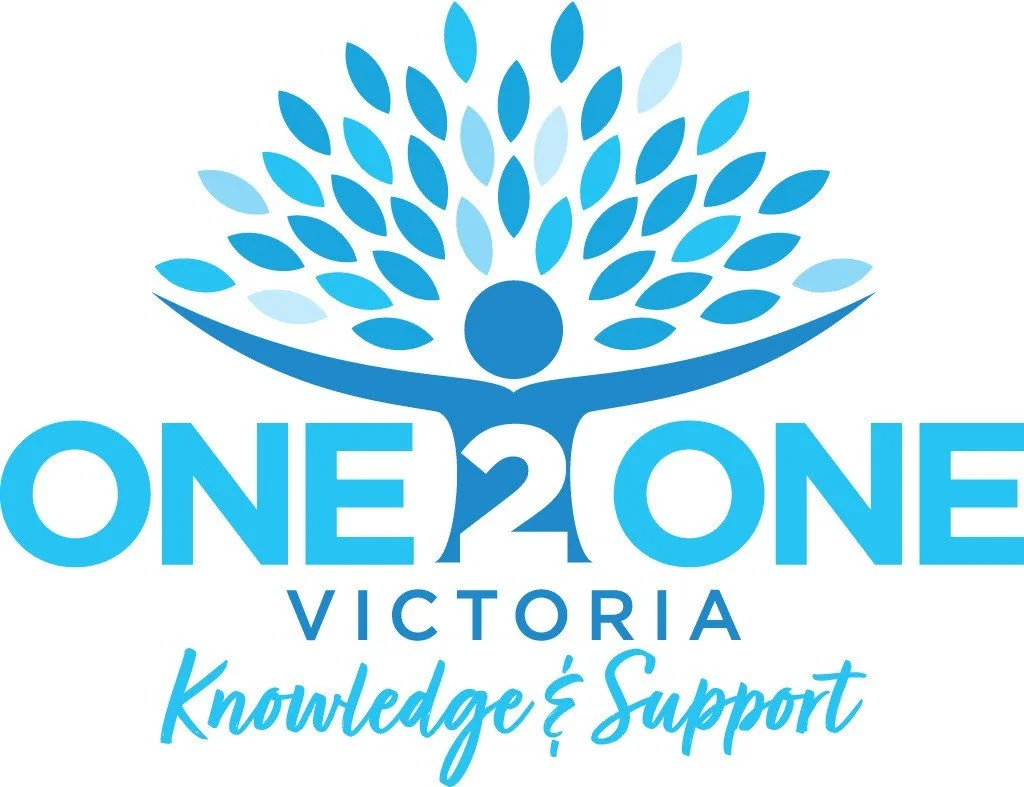Why NDIS Workers Never Stop Learning
Ongoing skill development and professional learning are essential for workers in the National Disability Insurance Scheme (NDIS), driving not just personal growth but also better outcomes for people with disability. In a sector that is constantly evolving, keeping up-to-date with best practices, legal compliance and person-centred approaches empowers support staff to deliver safer, more effective services.
For NDIS workers, skill development is about more than learning a new procedure or technique—it’s about building confidence and competence to handle complex, real-world challenges. High-quality short courses and ongoing training help workers enhance their core care skills, from communication and personal care to behaviour support and understanding high-intensity needs.
The importance of ongoing professional learning in the NDIS cannot be overstated. With every new advance in positive behaviour support, medication safety, or culturally appropriate practices, workers who keep learning are better prepared to respond sensitively and effectively to diverse client needs. Accessing targeted NDIS training ensures compliance with evolving practice standards and builds workforce resilience.
Registered NDIS providers and support workers also have an obligation to meet rigorous national codes. Workers need relevant qualifications and a commitment to continuous improvement so participants receive services that truly support their wellbeing. Professional development pathways—including short courses—allow workers to customise their learning, align with regulatory expectations and further their careers in disability support.
Every NDIS participant is unique, with support needs that can shift rapidly. Workers who pursue ongoing training are better able to deliver person-centred, respectful and safe care, whether it’s learning key word sign, mastering safe medication skills or adapting to new assistive technologies. When staff expand their capabilities, they create more empowering environments for clients and boost satisfaction in care delivery.
Continuous professional learning is also vital for fostering independence and inclusion among participants. Training in daily living skills, communication, employment readiness and social interaction helps participants build confidence and autonomy, supporting their right to lead meaningful, self-directed lives. Skilled workers make this possible—turning goals into achievements through responsive, evidence-based support.
Furthermore, ongoing skill development reduces worker burnout by offering pathways for growth, clear guidelines and practical solutions for challenging situations. It also makes the disability workforce more adaptable to change, resilient in the face of complex client needs, and confident in their roles.
In summary, continual training is not just beneficial—it’s essential for NDIS workers committed to providing quality care. By investing in ongoing skill development, workers help build more capable, compassionate and inclusive communities—making a genuine difference to lives every day.
